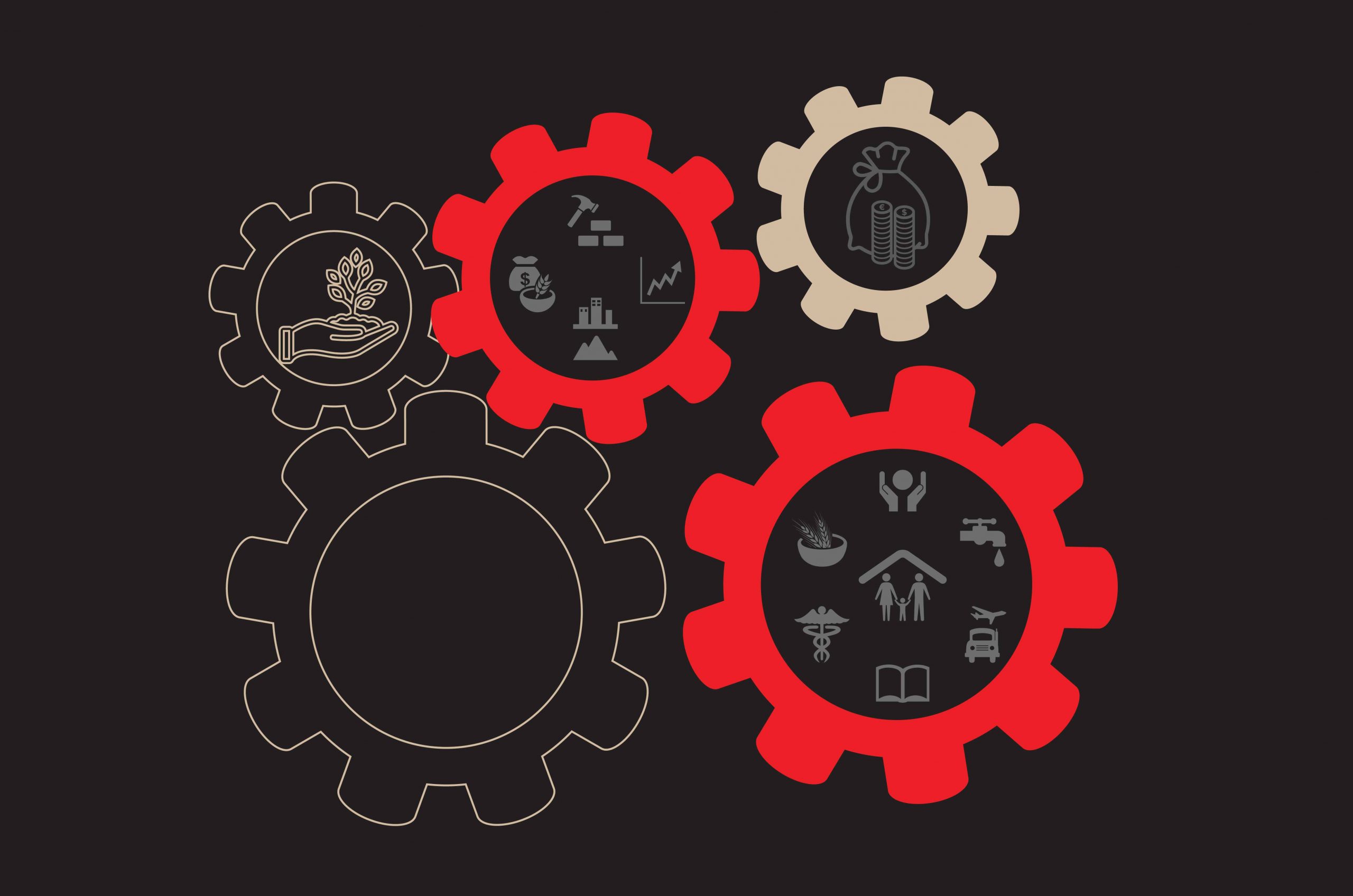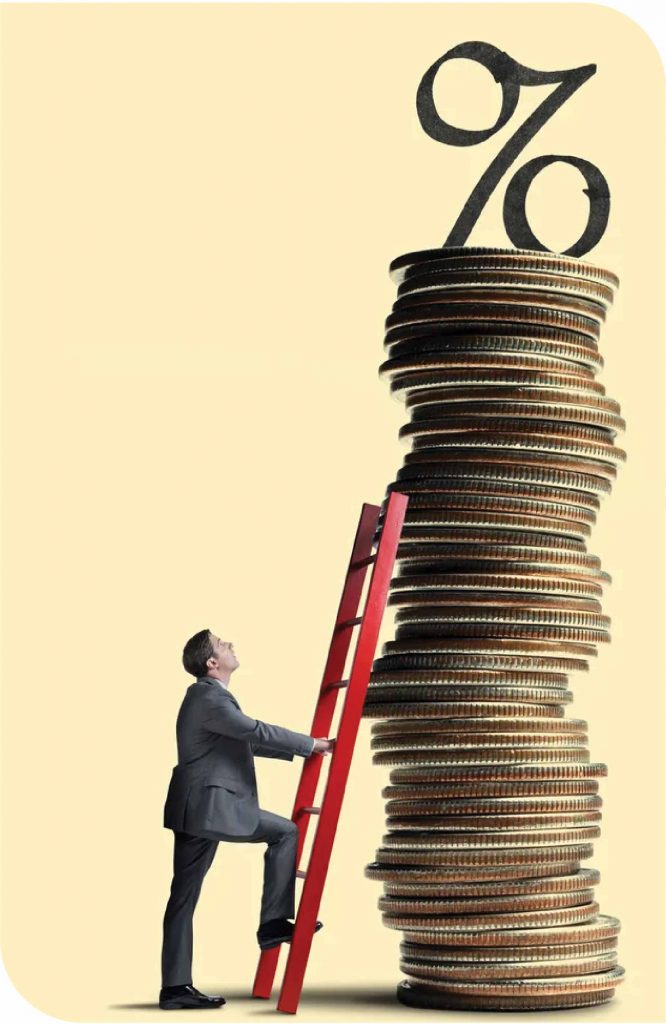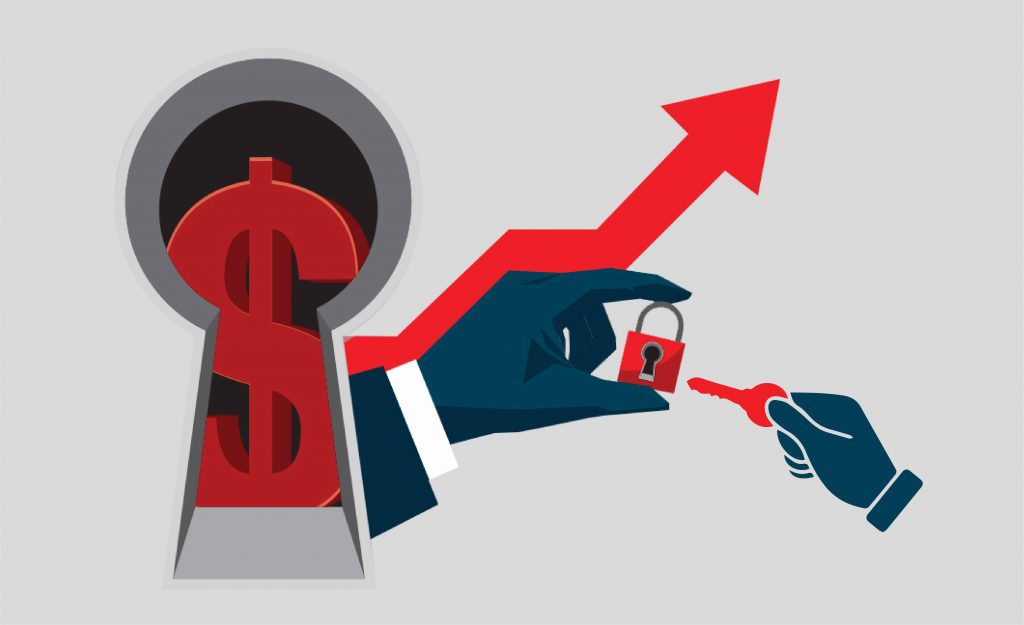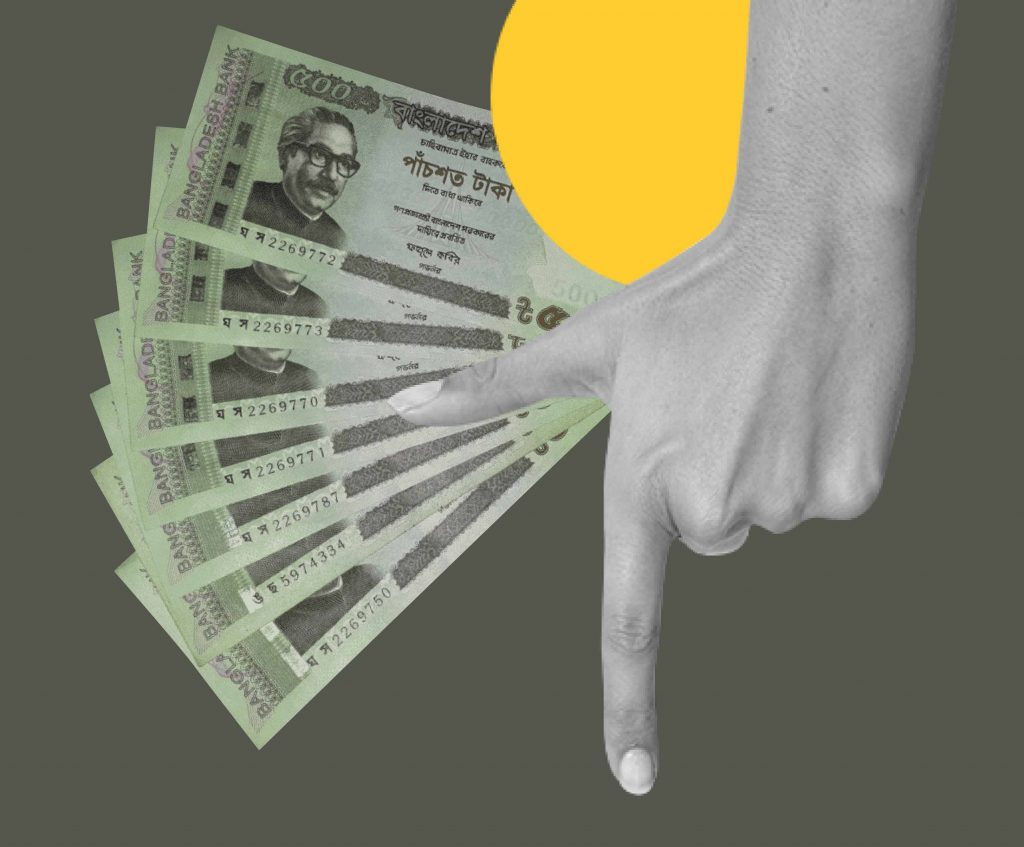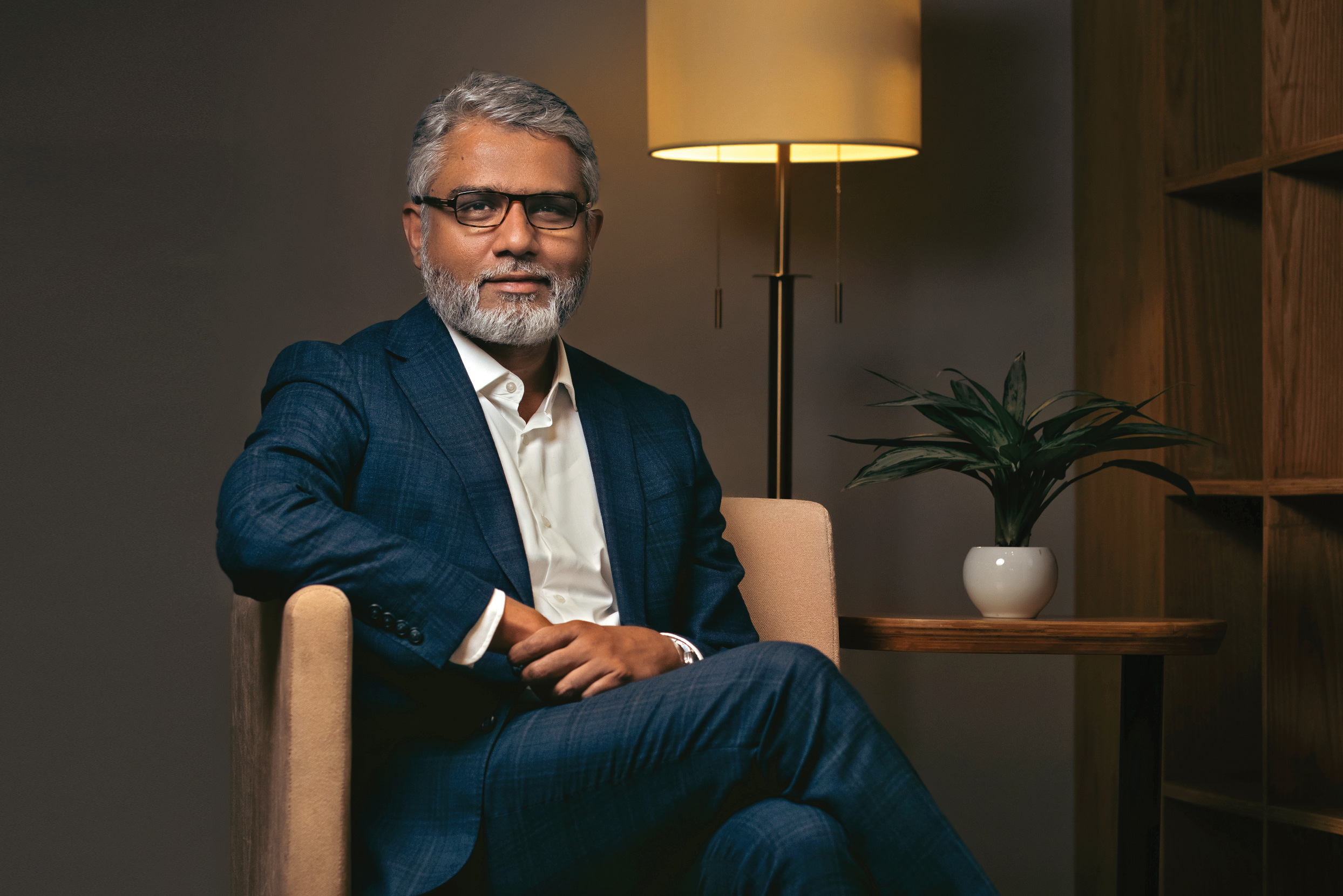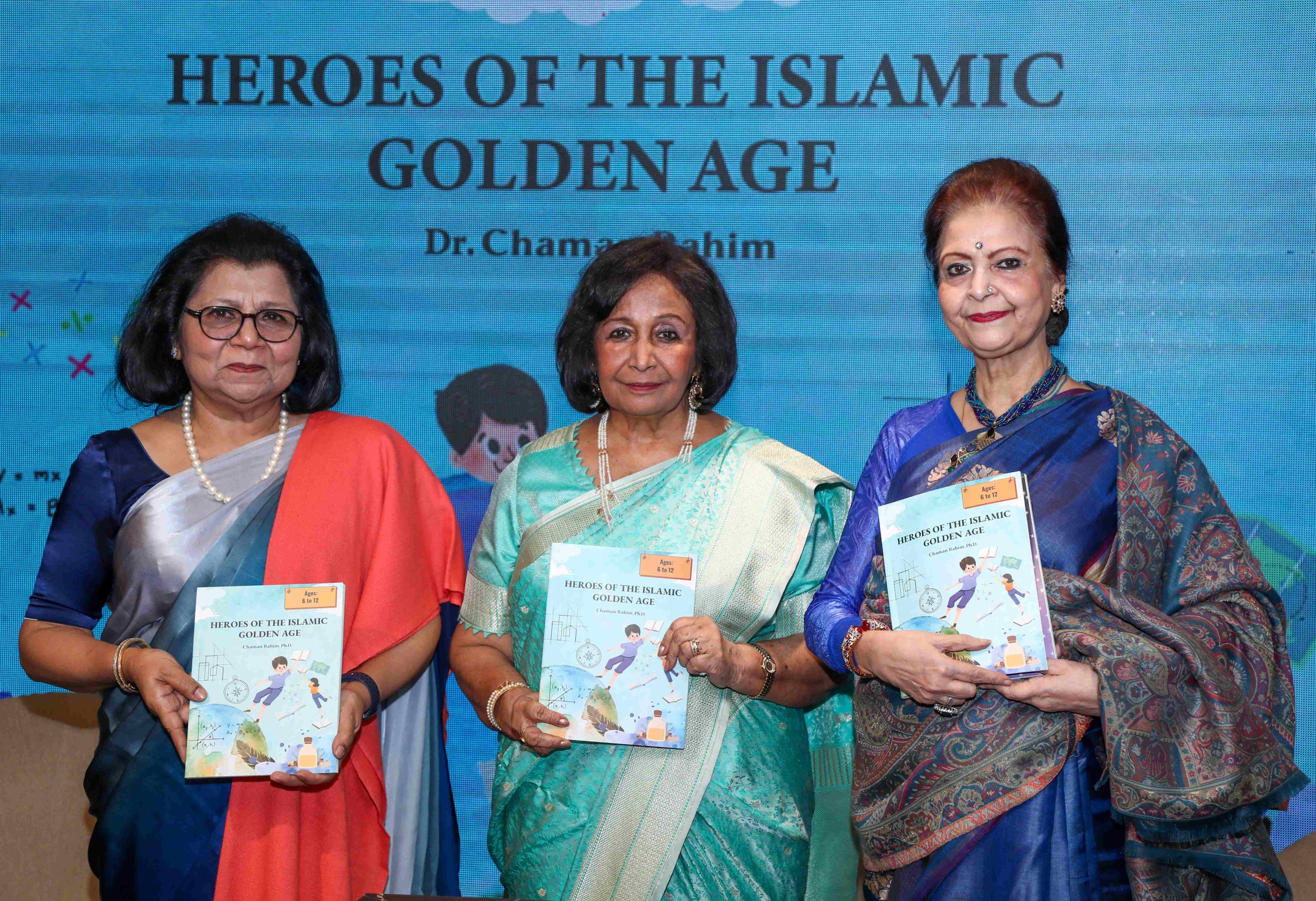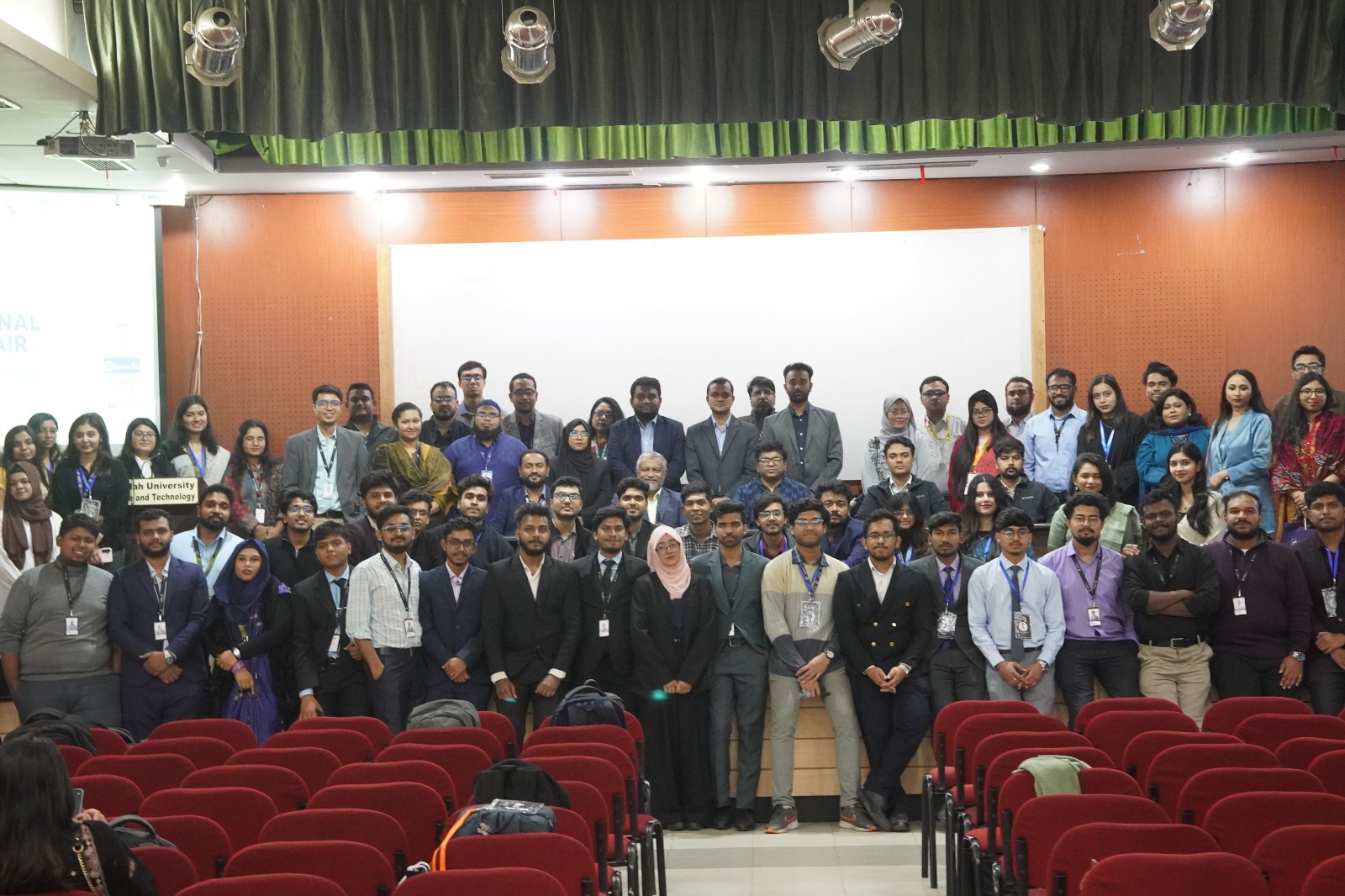Where should you invest amid the rising inflation?
Everyone is aware of the dire situation that the economy of Bangladesh is in at the moment. The value of deposits keeps declining as long as inflation remains out of control. Indications of inflation are evident like never before. So, the question is, where can regular people invest their wealth while the banking system of the nation is in ruins?
Depositors are looking for alternate sources to put their funds in as Bangladesh’s inflationary landscape continues to impoverish regular individuals and low and artificial fixed deposit rates devalue their accounts. Many depositors are withdrawing their funds from banks to reinvest elsewhere because the country’s financial system is in disarray, with purchases of land and other assets being one of the preferred options.
However, depositors withdrawing their cash from banks could result in a lack of loanable funds and worsen the crisis. Bangladesh’s deposit growth is currently at 8–8.5%, down from 17–19% at one point. The largest financial sector in the nation, banking, only has a deposit base of about BDT 14 lakh crore or roughly one-third of the GDP. According to international norms, this should be between 80 and 90%. Additionally, growth in consumer demand for land and other assets may increase their worth and price in the short term without improving the economy or households.
People are now preferring to retain cash on hand due to persistent inflation rather than deposit it in banks, and banks are likewise not accepting deposits at higher interest rates because the central bank still maintains a 9% maximum on lending rates. The value of deposits keeps declining as long as inflation is out of control. The government also levies a number of taxes on banking. People are hesitant to buy savings certificates or save their money in banks as a result. More crucially, how people change their mix of assets, savings, and cash relies on how they judge the relative returns from different sources. Additionally, a lot of customers would prefer to spend more money than to let their savings sit in banks earning interest as prices continue to rise. Taxing interest is fair, but levying excise taxes on bank accounts makes it more difficult to facilitate financial transactions. Banks, while being a sector that boosts growth, pay the highest tax rates in Bangladesh’s financially restricted banking industry. However, in reality, ordinary depositors are responsible for paying the taxes and are not given anything in return. Depositors believe they are the biggest losers in all ways.
This raises the question of whether it is smart for depositors to reinvest their money elsewhere. Why are they acting this way? What can rural residents, who lack the resources to invest in farming, do to safeguard their money against inflation? What can be done by the government to get the deposits returned to the banks? Also, what can be other forms of investments that people can start to explore? It is therefore not surprising that depositors are exploring alternative investment opportunities, such as buying land or other assets, in the hope that these assets will significantly increase in value. What can be a sensible list of sources where people can aim to invest amidst these tumultuous times?
REGARDLESS OF WHERE YOU CHOOSE TO INVEST, KEEP IN MIND THAT IT IS IMPORTANT TO DIVERSIFY YOUR INVESTMENT STREAMS SO THAT YOU DON’T END UP PUTTING ALL YOUR EGGS IN ONE BASKET.
Consumers can typically invest in the bond or stock markets in other nations; however, this is not always the case in Bangladesh due to the country’s unstable stock market and extremely small bond market. Dr. Mansur of the Policy Research Institute stated, “Compared to the global average of 174%, Bangladesh’s stock market is only worth 40% of the country’s GDP. The bond market, in contrast, is essentially nonexistent, accounting for only 1% of the nation’s GDP as opposed to the 135% global average.”
Another evident choice left to the depositors is to make an investment in real estate. Given how quickly property values increase or at least appear to have increased over the previous few decades or so, conventional wisdom implies that investing in land or other real estates may look like a rewarding investment. Despite this, experts warn about a bubble as a brief economic shock induces depositors to remove funds from banks and other financial institutions in order to make real estate investments. In the near term, this unexpected increase in demand for real estate may drive up the price, giving the impression that it is a worthwhile investment with excellent returns. However, because there aren’t enough people with spare cash to buy assets, especially during a recession, the demand will eventually wane and the increase in the value of these properties may become static.
There are also other options that people can explore; ones that are considered to be safe. The first is Sanchaypatra or savings certificates. Averse to risk, savings certificates, such as a five-year Bangladesh Sanchayapatra or a three-monthly profit-bearing Sanchayapatra, are available for purchase by private individuals. Out of all the available investment options, Sanchayapatra has the highest yield. A 5-year Sanchayapatra gives a return of 11.28%. Investment in Sanchayapatra is a lucrative possibility for low – and middle-income populations because it is endorsed by the government itself.
You could also turn to mutual funds if you don’t have the time to perform stock analysis. In essence, mutual funds are investment funds created by pooling the funds of numerous participants who want to buy financial assets like stocks, bonds, etc. The management of the funds ensures that investors get the most from the portfolio. According to the Tax Ordinance of 1984, the amount invested in the mutual fund is eligible for a full tax refund.
There are investment opportunities in agriculture. Our GDP is derived from agriculture to the tune of 15%. Despite the epidemic, it has shown to be an antifragile sector. Regardless of what occurs, we all need to put food on our plates. It implies that investing in agriculture is generally safer, provided that nature does not interfere with your company or crops. Retail investors who are looking for alternatives to traditional investment options but cannot invest big amounts can invest in agriculture companies through agri-fintech companies. In order to guarantee investors’ intended returns, some of these companies employ a portfolio strategy. Additionally, investors can acquire third-party insurance on their platforms. Compared to many other conventional investment choices in the market, agri-fintech businesses provide a significantly greater return – up to 20% in six months.
GIVEN HOW QUICKLY PROPERTY VALUES INCREASE OR AT LEAST APPEAR TO HAVE INCREASED OVER THE PREVIOUS FEW DECADES OR SO, CONVENTIONAL WISDOM IMPLIES THAT INVESTING IN LAND OR OTHER REAL ESTATES MAY LOOK LIKE A REWARDING INVESTMENT. DESPITE THIS, EXPERTS WARN ABOUT A BUBBLE AS A BRIEF ECONOMIC SHOCK INDUCES DEPOSITORS TO REMOVE FUNDS FROM BANKS AND OTHER FINANCIAL INSTITUTIONS IN ORDER TO MAKE REAL ESTATE INVESTMENTS.
But how can people who live in rural areas, many of whom are similarly sensitive to seasonality in income, and frequently do not have a lot of spare income, pass through this inflation? They find investment decisions to be a little more difficult. Additionally, private banks in Bangladesh have not expanded to rural or suburban areas, making it challenging for residents of those areas to access financing. As a result, a lot of rural residents opt to invest their funds in self-saving programs at microfinance organisations. Additional Managing Director of PKSF, Dr. Md. Fazlul Kader, stated “We are aware that MFI depositors are not investors. However, their money must be safeguarded at all costs. If the MFIs follow the currently accepted best practices and the regulations set forth by the Microcredit Regulatory Authority, this is feasible. In addition to maintaining the calibre of loans, an MFI must safeguard the money of its depositors.” MFIs can therefore be an excellent choice for rural savers. Some MFIs are paying depositors more than 6% interest in exchange for a sizable saving. To urge their members to save money and bolster their debt fund, it appears that MFIs are implementing a ‘self-adjustment’ policy.
As well as finding the safest and most reliable investment option, it is equally important to cultivate the right investing mindset. Because regardless of what investment option someone decides to pursue, the right mindset must be there to ensure that people invest in the right places and stick to their decisions. You could be thinking right now that you may not be making enough money to invest, let alone save much. It’s untrue. Earnings are not as important to saving or investing as spending and planning are.
Investment and wealth building involves a lot of thinking. Living frugally is far better and simpler than working harder to improve your income and savings. No amount of money, no matter how much you earn, will ever be enough if you spend it carelessly. When it comes to riches, we all want to become wealthy quickly. This impulse is the main culprit behind the majority of our worst financial errors. Avoid pursuing hasty gains. The Destiny case and numerous stock market disasters in Dhaka over the past ten years have provided examples of the results of the shortcut mentality. Think strategically and avoid taking quick cuts when making financial decisions.
OUT OF ALL THE AVAILABLE INVESTMENT OPTIONS, SANCHAYAPATRA HAS THE HIGHEST YIELD. A 5-YEAR SANCHAYAPATRA GIVES A RETURN OF 11.28%. INVESTMENT IN SANCHAYAPATRA IS A LUCRATIVE POSSIBILITY FOR LOW – AND MIDDLE-INCOME POPULATIONS BECAUSE IT IS ENDORSED BY THE GOVERNMENT ITSELF.
Last but not least, investing entails risk. High returns throughout time are never assured. You might occasionally experience losses. Being young when you start offers several advantages because you have more time to accumulate and recover if something goes wrong. Regardless of where you choose to invest, keep in mind that it is important to diversify your investment streams so that you don’t end up putting all your eggs in one basket. It might be a challenging time, but the right mindset and a prudent approach towards investments can lead to a safety net for middle-income families all across Bangladesh.









